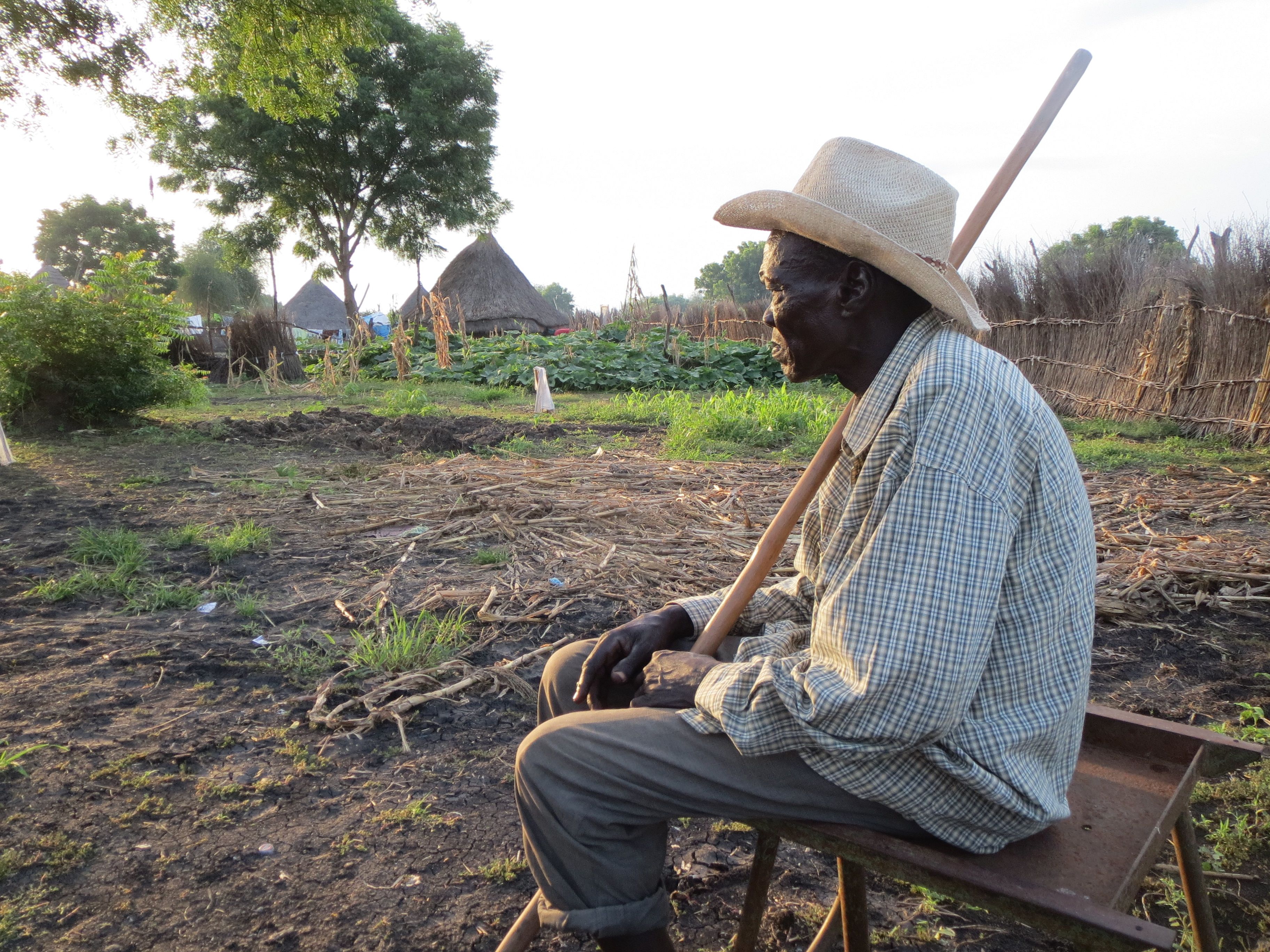
Amid the host of challenges the South Sudanese people have faced, intercommunal violence has often been treated by South Sudanese leaders and the international community as a lesser priority for attention. But in recent years clashes over cattle, access to scarce resources, and retaliatory attacks have become more violent, accounting for thousands of deaths since 2009. Bouts of violence have been particularly severe in Jonglei, South Sudan's largest state, accounting for well more than half of all people killed in the country in 2012 and nearly 80 percent of its displaced people. There may be no other region in South Sudan where the interplay between internal failures of good governance and external support for spoiler elements creates a more explosive environment for deadly conflict. The severity of the violence in Jonglei over the past year and the independence of South Sudan have boosted the imperative for Juba and Jonglei's capital, Bor, to respond effectively.

